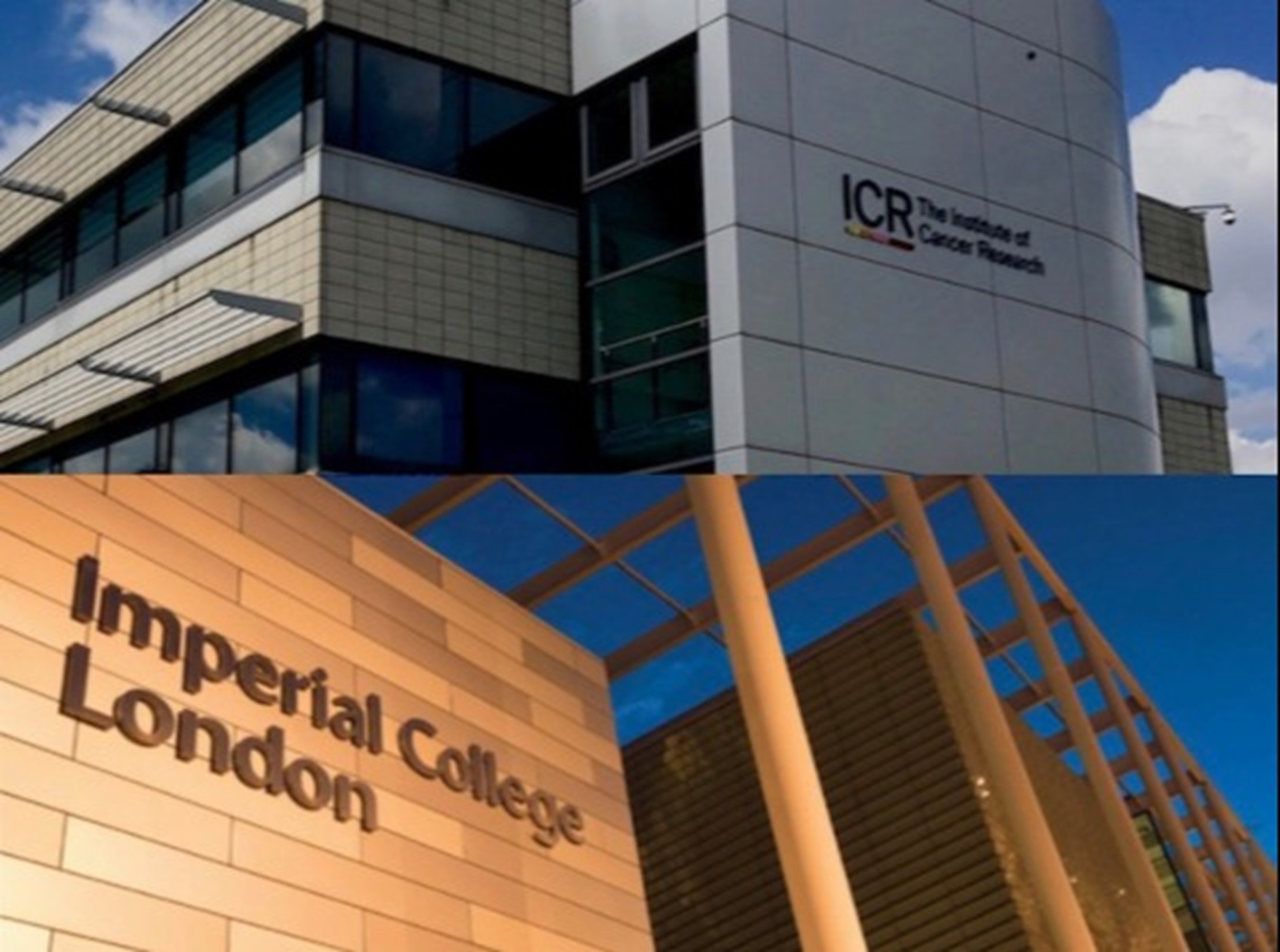
Image: Amber dropper bottles. Image credit: Pixabay. Licence.
Scientists at The Institute of Cancer Research are working with Imperial College London to trial cannabis-based medicinal products for the treatment of cancer and acute pain.
The researchers are collaborating with medical cannabis company EMMAC Life Sciences to better understand the effectiveness of the products.
Medical cannabis is widely prescribed in countries such as Germany and the USA and was legalised in the UK in October 2018. However, it is not currently offered by the NHS as there is not enough robust evidence about its safety, clinical effectiveness and cost effectiveness to meet the requirements of the National Institute for Health and Care Excellence (NICE), the body that develops the clinical guidelines used by the NHS.
The researchers aim to provide robust data that will help bodies like NICE, which has backed a government call for further industry research into medical cannabis, to determine whether or not cannabis-based medicinal products are safe and effective enough to recommend for given conditions.
The Cancer Research UK Convergence Science Centre at The Institute of Cancer Research and Imperial College London is a strategic partnership which aims to open up new frontiers in cancer research.
Lead researcher Mikael Sodergren, a consultant hepatobiliary and pancreatic surgeon and Honorary Senior Clinical Lecturer in Imperial’s Department of Surgery and Cancer, said: “The law has changed, but in many ways the medical profession isn’t ready for it. As medicinal cannabis has not gone through the normal drug development pathway that the pharma industry and medical profession are used to, we have a lot of work to do to provide robust data to support clinical effectiveness as well as determine efficacy of different constituents of the plant.”
Mr Sodergren is working alongside Professor Praveen Anand in Imperial’s Department of Brain Sciences and doctoral and postdoctoral researchers whose positions are funded by EMMAC Life Sciences.
Search for an opioid alternative
If effective, medical cannabis could provide an alternative to opioid painkillers, which are at the centre of an addiction crisis in the US and prompting fears of a similar epidemic in the UK.
Addiction often begins when patients are prescribed a course of opioid painkillers for acute pain, and there is therefore great interest in effective and less addictive alternatives. One aspect of the Imperial research will be to trial medical cannabis in patients who have had major abdominal surgery, while tracking their opioid use to see if this decreases.
The researchers will also examine whether CBD, one of the main active compounds in cannabis, could help treat cancer. These trials will be pre-clinical, involving in vitro work with cells and in vivo work with mice. This is being carried out in collaboration with cancer researcher Dr Anguraj Sadanandam and colleagues at The Institute of Cancer Research (ICR).
Mr Sodergren, who is also a paid scientific advisor to EMMAC Life Sciences, hopes to place our understanding of the clinical effectiveness of cannabis on a more evidenced-based footing. “Although there is already undoubted evidence that medical cannabis works for certain conditions, for example childhood epilepsy, there are also all sorts of claims that are not yet substantiated. Our job is to cut through the hype and find robust data. Negative results are as important as positive ones.”
Industry collaboration
Research collaborations with industry offer Imperial academics opportunities to gain further funding for research posts in their teams and make a greater impact by applying their expertise to real-world industry and societal challenges. They offer businesses opportunities to use Imperial’s world-leading academic expertise to support their research and development.
Mr Sodergren said: “Our collaboration with EMMAC is providing funding to carry out the research, as well as knowledge of the sector that is crucial for formulating hypotheses and establishing a collaboration network with other institutions. The data generated by the work will also help us apply for further funding.”
Antonio Costanzo, CEO of EMMAC Life Sciences, said: “We have a science-led approach and want to make sure our products are based on strong science. That’s why we approached Imperial College London. We see it as a perfect fit because Imperial has a great reputation and great international academic networks.”
Dr Anguraj Sadanandam, Team Leader in Systems and Precision Cancer Medicine at the ICR, said: “I am pleased to be partnering and collaborating with Imperial College London and EMMAC Life Sciences, to carry out this early stage research into the possible benefit of CBD, one of the active substances in cannabis, in treating cancer – and to join a research community which is now robustly testing cannabis to establish its potential health benefits.”
